Home>Garden Essentials>How Long Are Sesame Seeds Good For
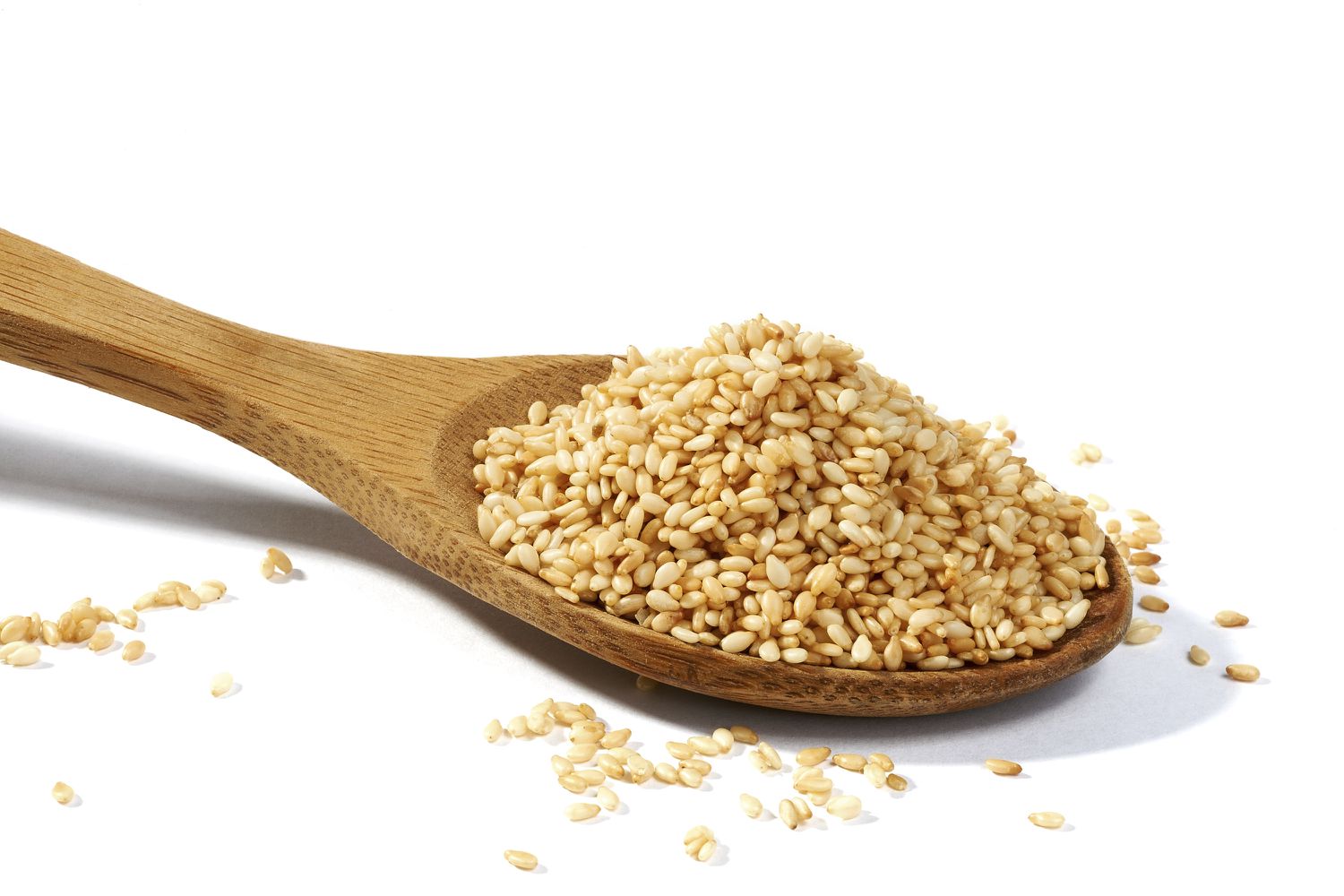

Garden Essentials
How Long Are Sesame Seeds Good For
Modified: March 15, 2024
Discover how long garden sesame seeds are good for and learn expert tips for storing them properly. Keep your seeds fresh and flavorful for maximum garden success.
(Many of the links in this article redirect to a specific reviewed product. Your purchase of these products through affiliate links helps to generate commission for Storables.com, at no extra cost. Learn more)
Introduction
Welcome to the fascinating world of sesame seeds! These tiny nutritious powerhouses are not only packed with essential nutrients but also add a delightful crunch and flavor to a wide variety of dishes. Whether you’re sprinkling them on top of a salad, using them in baking or cooking, or simply enjoying them as a snack, it’s important to know the shelf life of sesame seeds to ensure their freshness and quality.
Sesame seeds are derived from the sesame plant, scientifically known as Sesamum indicum, and have been cultivated for centuries. They are widely used in cuisines across the globe, adding a distinct nutty flavor and aroma to various dishes. However, like any food product, sesame seeds have a finite shelf life that can be influenced by several factors.
In this article, we will explore the different factors that can affect the shelf life of sesame seeds, how to properly store and package them to extend their freshness, and the warning signs of spoilage to look out for. So, let’s dive in and learn more about how long sesame seeds are good for!
Key Takeaways:
- Proper storage in airtight containers, away from moisture and strong odors, can extend the shelf life of sesame seeds, preserving their nutty flavor and nutritional benefits.
- Regularly check for signs of spoilage, such as rancid smell, off-color, or change in texture, to ensure the sesame seeds are fresh and safe to consume.
Read more: What Is Black Sesame Seeds Good For
Factors that Affect Sesame Seed Shelf Life
Several factors come into play when considering the shelf life of sesame seeds. Understanding these factors will help you make informed decisions about their storage and consumption. Here are some key factors to consider:
1. Moisture Content:
Sesame seeds have a natural oil content that can lead to rancidity if exposed to moisture. Excess moisture can promote mold and bacterial growth, significantly reducing the shelf life of the seeds. It is crucial to store sesame seeds in a dry environment to maintain their quality and freshness.
2. Temperature:
The temperature at which sesame seeds are stored can greatly impact their shelf life. Extreme heat can accelerate the oxidation process, leading to a decrease in flavor and nutrient content. It is best to store sesame seeds in a cool, dry place away from direct sunlight, such as a pantry or kitchen cabinet.
3. Packaging:
The packaging of sesame seeds plays a vital role in preserving their freshness. Airtight containers, such as glass jars or resealable bags, can help prevent exposure to air, moisture, and contaminants. Ensure that the packaging is tightly sealed to retain the quality of the seeds for a longer duration.
Read more: How Long To Toast Sesame Seeds
4. Quality of Seeds:
The initial quality of the sesame seeds also affects their shelf life. Higher quality seeds tend to have a longer shelf life compared to seeds of lower quality. It is advisable to purchase sesame seeds from reputable suppliers to ensure their freshness and optimal shelf life.
5. Processing Methods:
The processing methods used, such as roasting or toasting, can impact the shelf life of sesame seeds. These processes can alter the oil content and moisture levels, which may affect their stability. It is essential to be mindful of the processing methods used and their impact on the shelf life of the seeds.
By considering these factors, you can better understand how to preserve sesame seeds and extend their shelf life. Now that we have explored the factors that influence sesame seed shelf life, let’s move on to the next section, where we will discuss proper storage and packaging techniques to maintain their freshness and quality.
Proper Storage and Packaging
Proper storage and packaging are essential for maintaining the freshness and quality of sesame seeds. Follow these guidelines to ensure your sesame seeds stay fresh for an extended period:
1. Choose the Right Container:
Opt for airtight containers, such as glass jars or resealable bags, to store sesame seeds. These containers will help prevent exposure to air and moisture, which can lead to spoilage. Ensure the container is clean and dry before storing the seeds.
Read more: How Long Do Toasted Sesame Seeds Last
2. Store in a Cool and Dark Place:
Sesame seeds are best stored in a cool and dark location, away from direct sunlight and heat sources. Excessive heat can accelerate the oxidation process and reduce the seeds’ shelf life. A pantry or kitchen cabinet is an ideal spot for storing sesame seeds.
3. Keep Away from Moisture:
Moisture can cause sesame seeds to become rancid and spoil quickly. It’s important to keep them away from sources of moisture, such as high humidity areas or liquid-filled containers. Ensure the container is tightly sealed to prevent any moisture from entering.
4. Avoid Frequent Exposure to Air:
Air exposure contributes to the oxidation process, which can result in a decreased shelf life and diminished flavor of the sesame seeds. Try to minimize the amount of time the container is opened and keep it tightly sealed when not in use.
5. Store Away from Strong Odors:
Sesame seeds can easily absorb strong odors from other food items. To preserve their distinct flavor, store sesame seeds away from pungent spices, onions, or other aromatic ingredients.
Read more: How Long Is Flax Seed Good For
6. Label and Date the Container:
Labeling and dating the container can help you keep track of the freshness of the sesame seeds. This will ensure you use the oldest batch first and avoid any potential waste.
By following these storage and packaging guidelines, you can significantly extend the shelf life of your sesame seeds. However, it’s essential to keep an eye out for signs of spoilage, which we will explore in the next section.
Signs of Spoilage in Sesame Seeds
While sesame seeds have a relatively long shelf life when stored properly, it’s crucial to be aware of the signs of spoilage. Here are some indicators that your sesame seeds may have gone bad:
1. Rancid Smell:
One of the most noticeable signs of spoiled sesame seeds is a rancid or foul odor. If the seeds emit an unpleasant smell, it’s best to discard them as they have likely gone bad. Fresh sesame seeds should have a subtle nutty aroma.
2. Off-Color or Mold Growth:
Inspect the sesame seeds for any signs of discoloration or the presence of mold. If you notice any unusual colors, such as dark spots or a greenish tinge, it indicates spoilage. Mold growth is a clear indication of contamination and should not be consumed.
Read more: How Long Are Tomato Seeds Good For
3. Change in Texture:
Fresh sesame seeds have a crisp and crunchy texture. If you observe a change in texture, such as a slimy or soft consistency, it is a sign of spoilage. The seeds should maintain their firmness and not feel mushy.
4. Bitter Taste:
While sesame seeds have a slightly bitter taste, if the bitterness becomes intense or unpleasant, it may indicate that the seeds have spoiled. It’s best to discard them if the taste is off or significantly different from fresh sesame seeds.
5. Expiry Date:
Always check the expiration date on the packaging when purchasing sesame seeds. Consuming expired seeds can lead to adverse effects on taste, texture, and overall quality.
If you notice any of these signs of spoilage in your sesame seeds, it is advisable to discard them to prevent any potential health risks. Now, let’s move on to the next section, where we will explore how to extend the shelf life of sesame seeds.
How to Extend the Shelf Life of Sesame Seeds
With proper storage and handling, you can significantly extend the shelf life of sesame seeds. Here are some tips to help you keep your sesame seeds fresh for a longer duration:
Read more: How To Grind Sesame Seeds
1. Purchase Fresh Seeds:
Start by buying sesame seeds from reputable suppliers and check the packaging date. Fresh seeds will have a longer shelf life compared to ones that have been stored for a long time.
2. Store in the Refrigerator:
If you live in a hot and humid climate, consider storing your sesame seeds in the refrigerator. The cool temperature will help slow down the oxidation process and preserve the seeds’ quality for a longer period.
3. Vacuum Sealing:
If you have a vacuum sealer, consider using it to package your sesame seeds. Vacuum-sealed bags can significantly reduce exposure to air, help maintain freshness, and extend the shelf life of the seeds.
4. Freeze for Long-Term Storage:
If you want to store sesame seeds for an extended period, freezing is an excellent option. Place the seeds in an airtight container or freezer bag and store them in the freezer. Frozen sesame seeds can last up to a year while retaining their flavor and quality.
Read more: What Is Sesame Seed
5. Use Oxygen Absorbers:
For those who are serious about preserving the freshness of sesame seeds, consider adding oxygen absorbers to the packaging. These packets remove any excess oxygen, preventing oxidation and prolonging the shelf life of the seeds.
6. Grind as Needed:
Sesame seeds can be ground into a fine powder for various recipes. To maintain maximum freshness, it is advisable to grind the seeds as needed rather than storing pre-ground sesame powder. Whole sesame seeds have a longer shelf life compared to their powdered form.
7. Regularly Check for Spoilage:
Make it a habit to inspect your sesame seeds periodically for any signs of spoilage, such as mold, odor, or texture changes. If you notice any abnormalities, discard the seeds immediately to prevent contamination.
By employing these methods and practices, you can extend the shelf life of sesame seeds and enjoy their freshness for a longer duration. Now, let’s conclude our exploration into the shelf life of sesame seeds.
Conclusion
Sesame seeds are a versatile and nutritious ingredient that adds a delightful flavor and texture to a wide range of dishes. To ensure the freshness and quality of your sesame seeds, it is important to understand their shelf life and how to properly store them.
Factors such as moisture content, temperature, packaging, the quality of seeds, and processing methods all play a crucial role in determining the shelf life of sesame seeds. By being mindful of these factors, you can maintain the optimal freshness and flavor of your sesame seeds.
Proper storage and packaging techniques are essential for extending the shelf life of sesame seeds. Choosing the right containers, storing them in a cool and dark place, protecting them from moisture, and minimizing exposure to air are all key steps in preserving their quality.
It is equally important to be aware of the signs of spoilage in sesame seeds, such as rancid smell, off-color or mold growth, change in texture, and bitter taste. Regularly checking for these indicators will help you identify any spoiled seeds and avoid consuming them.
To extend the shelf life of sesame seeds, consider purchasing fresh seeds, storing them in the refrigerator or freezer, using vacuum sealing or oxygen absorbers, grinding them as needed, and regularly checking for spoilage.
By following these guidelines, you can enjoy the goodness and flavor of sesame seeds for a longer duration. So, stock up on your sesame seeds, properly store them, and enhance your culinary creations with these tiny powerhouses of nutrition!
Remember, freshness is key when it comes to sesame seeds, so be proactive in maintaining their quality, and savor their unique flavor and nutritional benefits in every dish you create.
Frequently Asked Questions about How Long Are Sesame Seeds Good For
Was this page helpful?
At Storables.com, we guarantee accurate and reliable information. Our content, validated by Expert Board Contributors, is crafted following stringent Editorial Policies. We're committed to providing you with well-researched, expert-backed insights for all your informational needs.
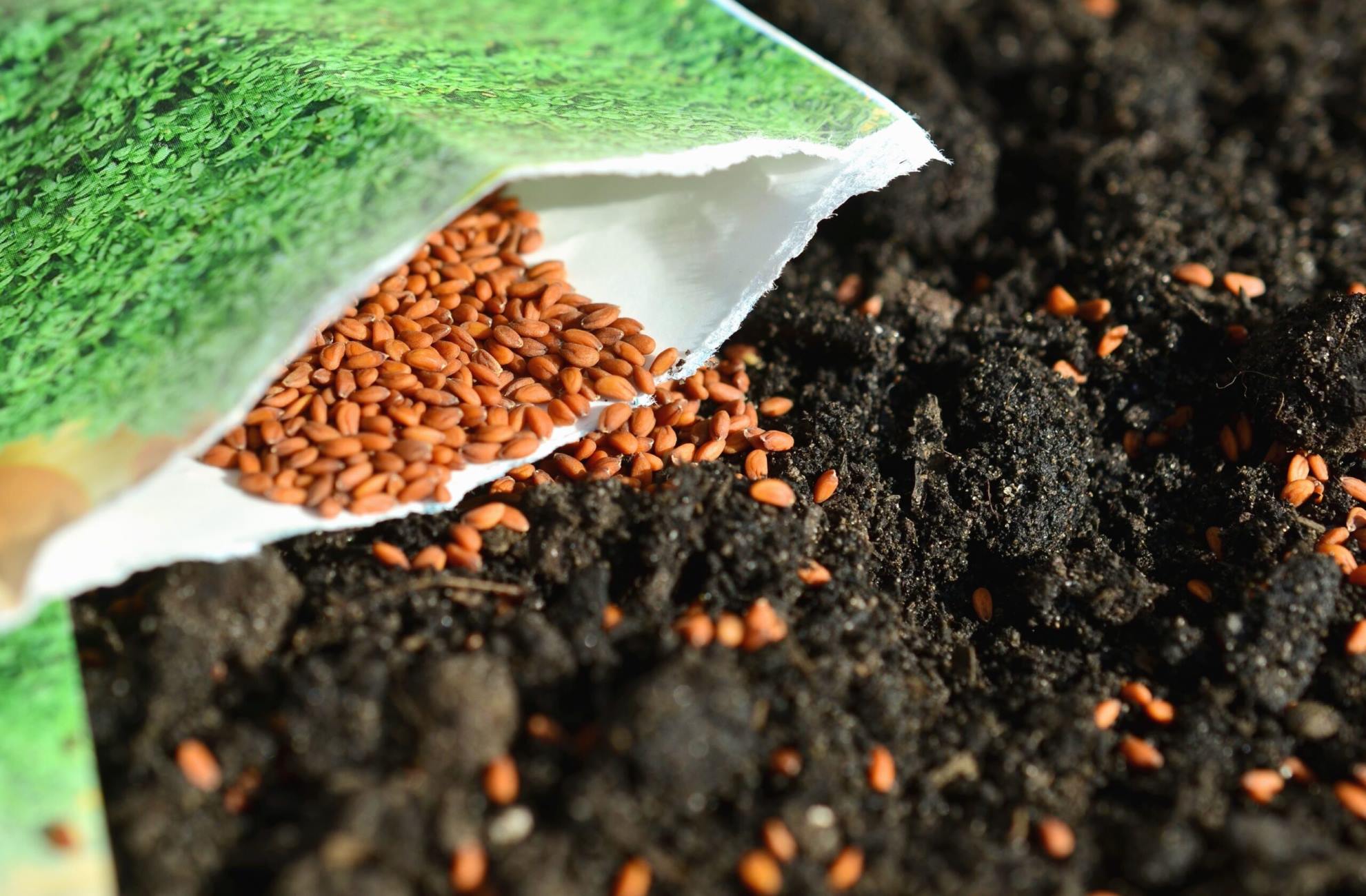
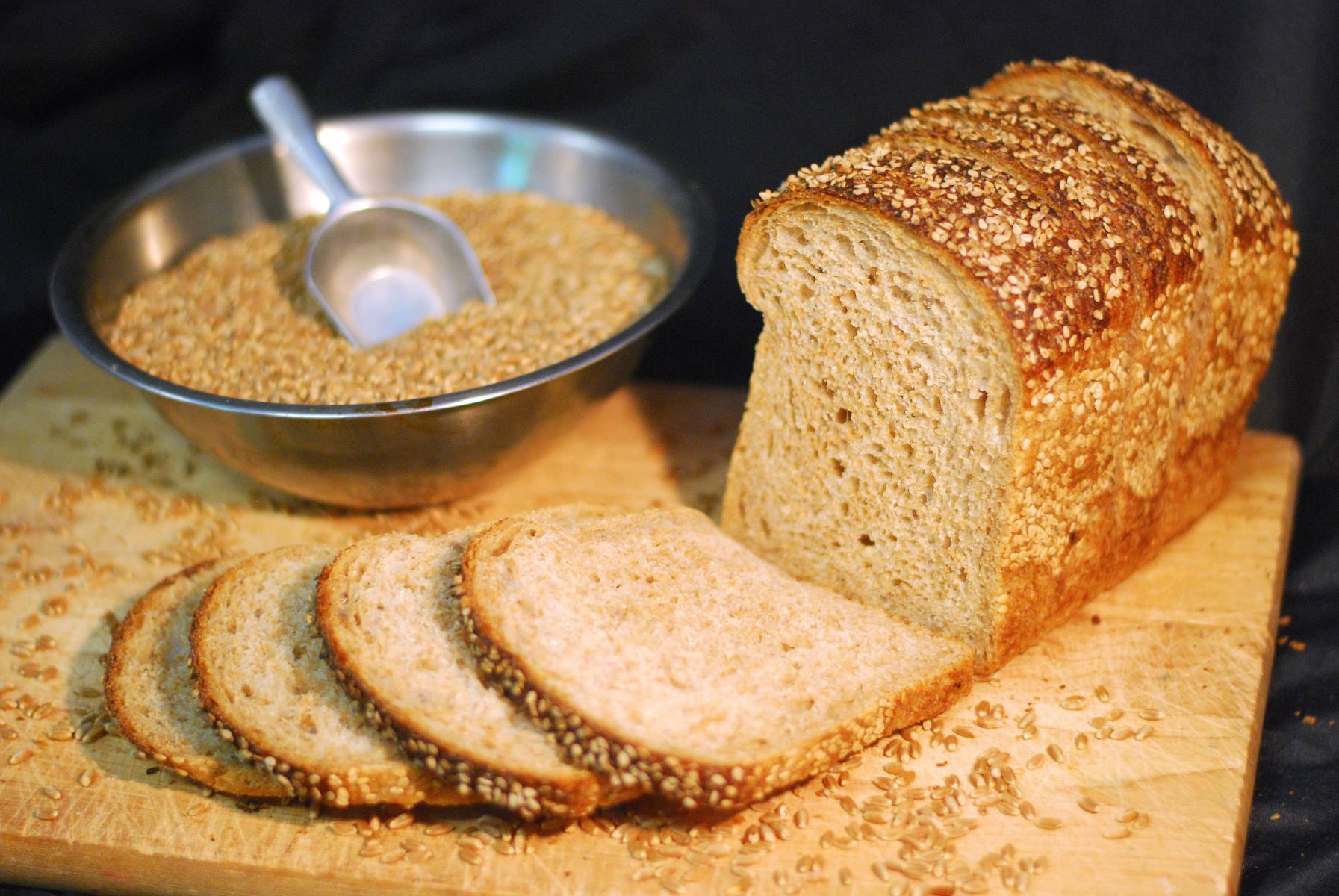
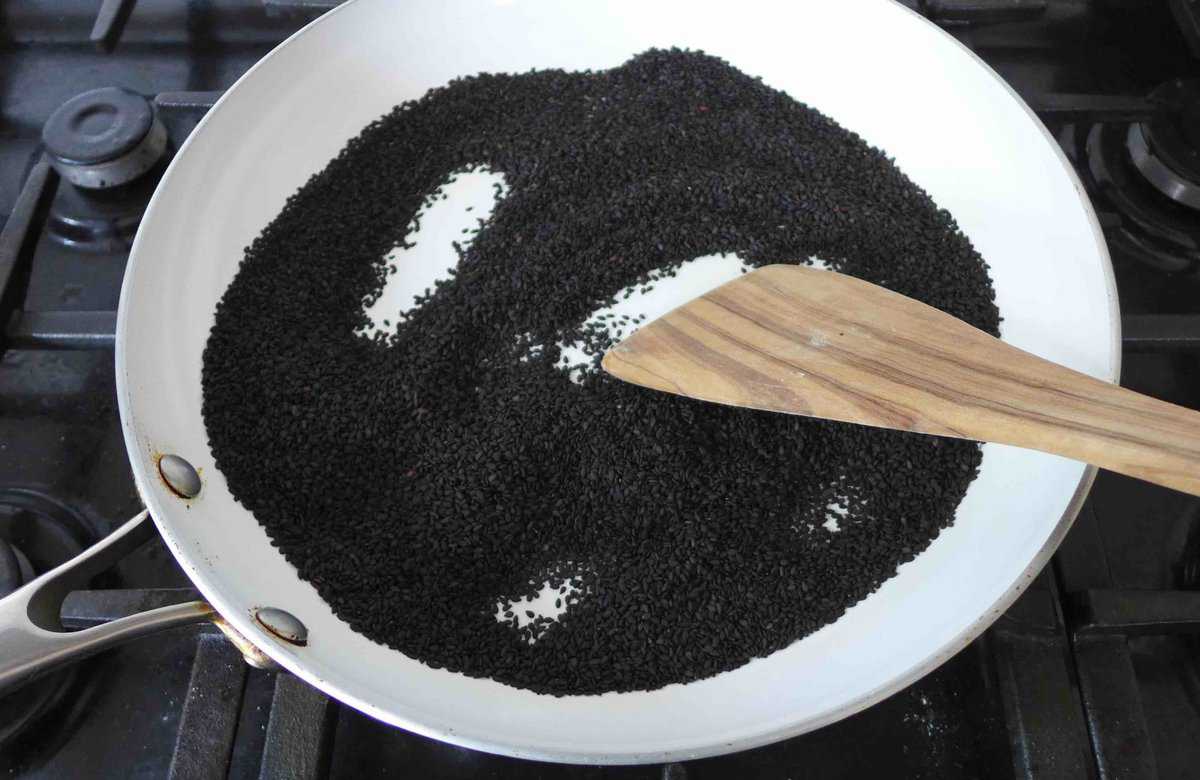
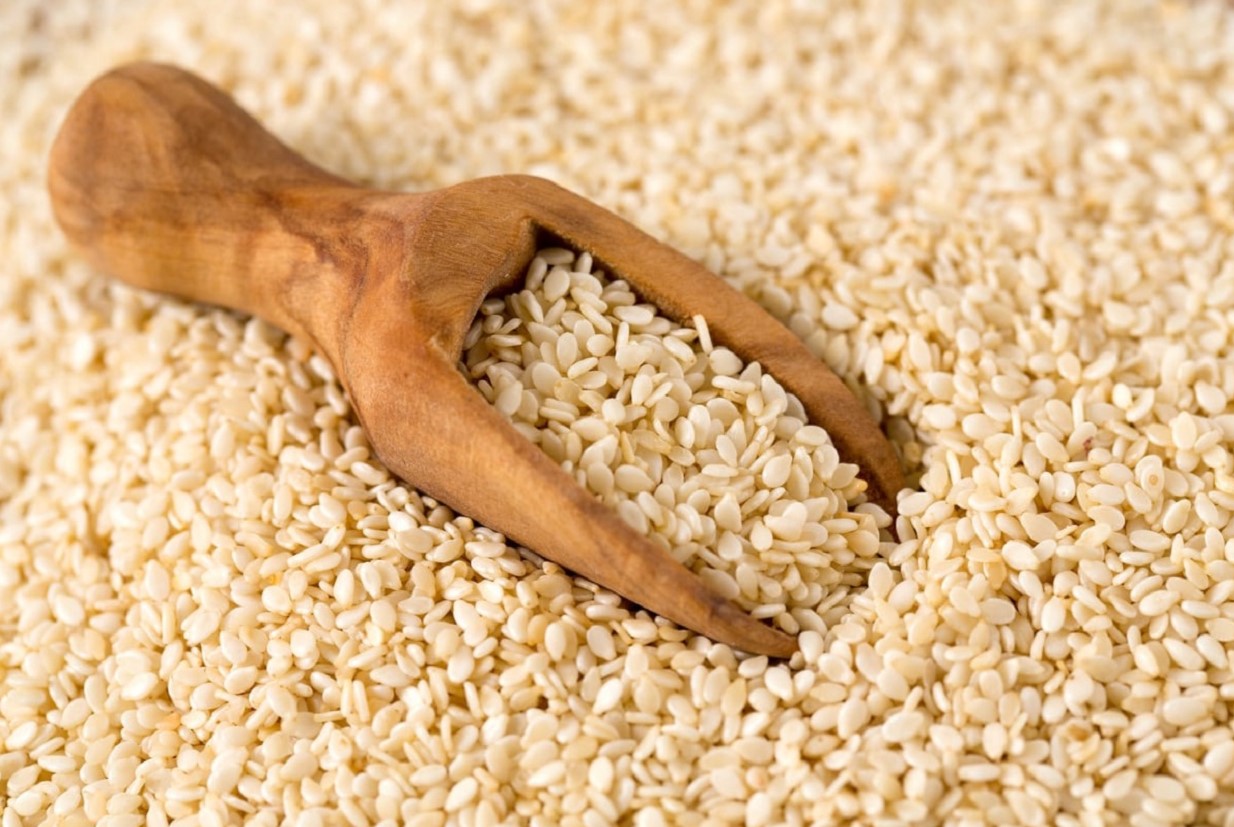

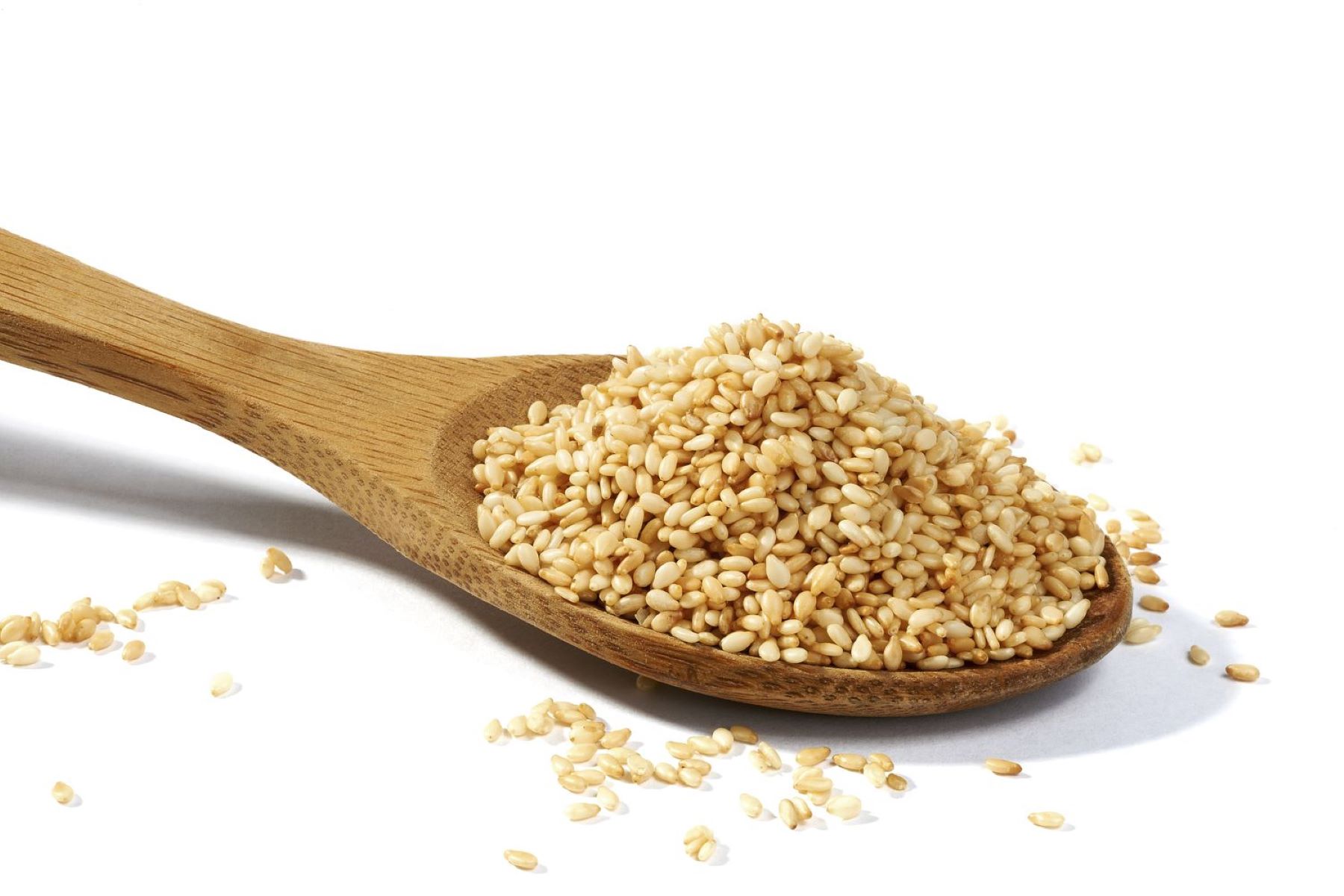

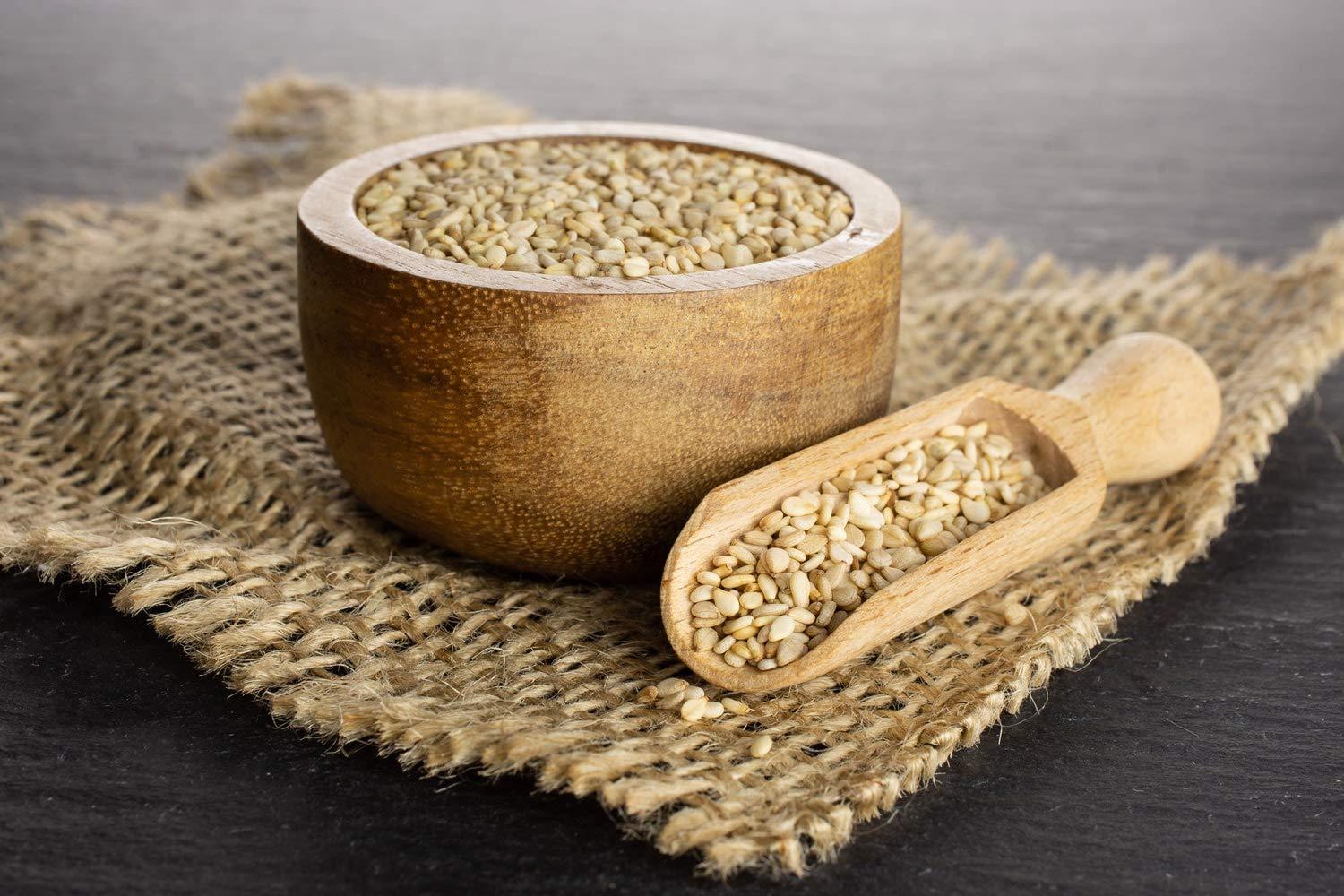
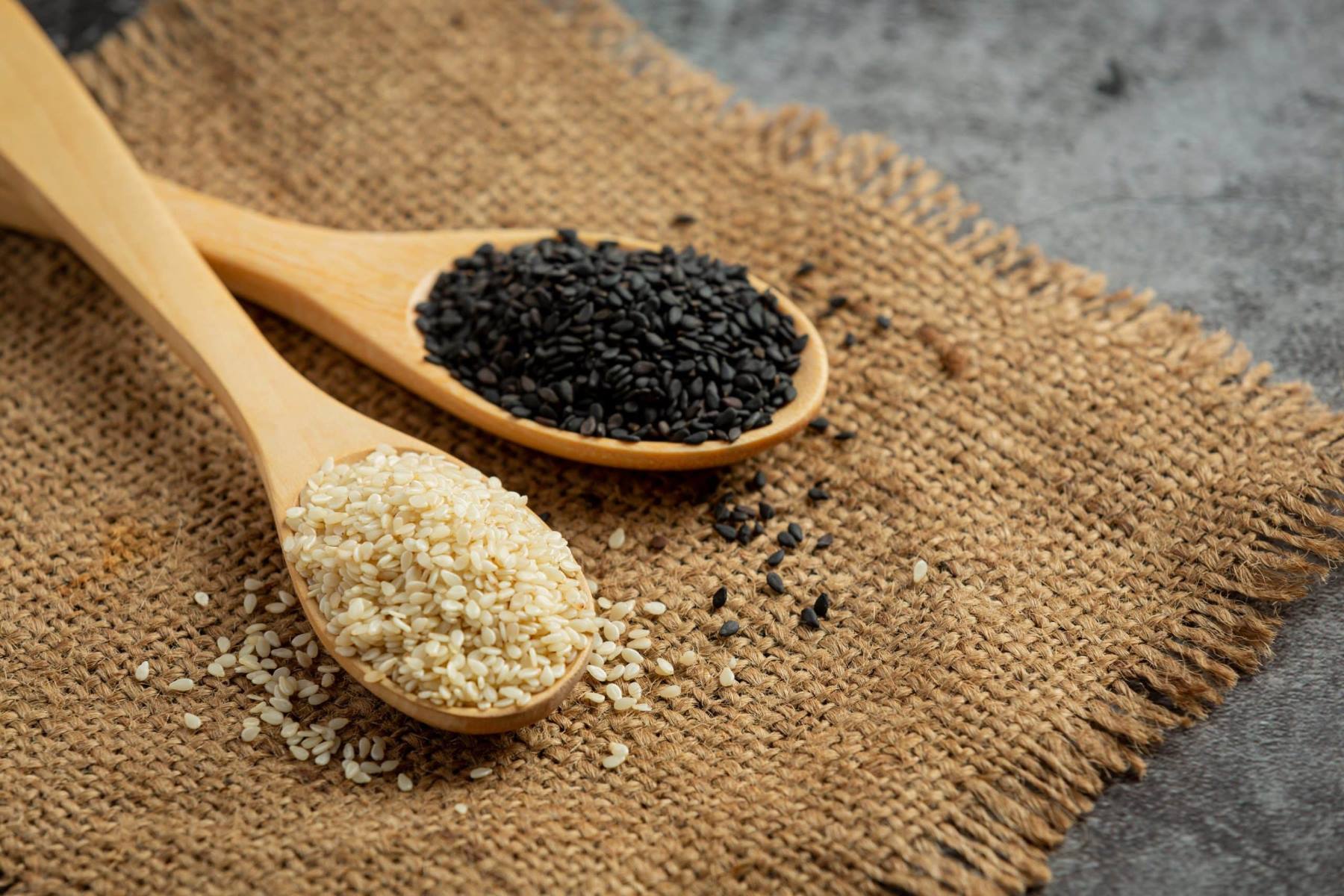

0 thoughts on “How Long Are Sesame Seeds Good For”